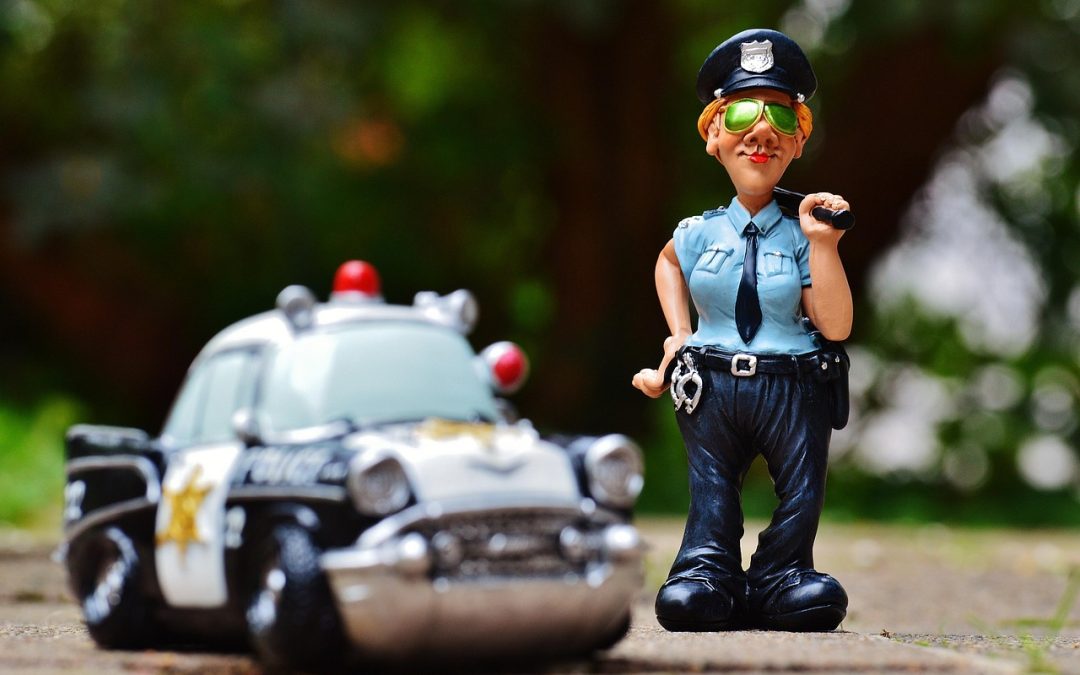As we strive for safer, more transparent interactions between law enforcement and the communities they serve, the role of citizen recordings in police accountability has become a crucial discussion. With the proliferation of personal recording devices and social media platforms, the power to document and share encounters with law enforcement has never been more accessible. But what are the limits and implications of this practice? How can individuals exercise their rights while maintaining a safe and respectful dynamic with officers?
Understanding Your Rights to Record
The First Amendment to the US Constitution guarantees the right to freedom of speech, which includes the right to record and document public events, including interactions with law enforcement. In 2012, the Department of Justice issued a guidance letter affirming this right, stating that “police officers may not constitutionally arrest, detain, or otherwise interfere with individuals who are recording police activities in public places, as long as the recording is not interfering with the officers’ duties.”
Practical Considerations for Safe Recording
- Always remain calm and composed when recording; avoid confrontational language or tone.
- Keep a safe distance from officers and avoid obstructing their duties.
- If asked to stop recording, clearly and respectfully assert your right to record, citing the First Amendment (if applicable).
- Avoid sharing recorded content that may compromise ongoing investigations or put individuals at risk.
Balancing Recording with Officer Safety and Cooperation
While recording can serve as a vital tool for accountability, it is equally important to recognize the risks and challenges faced by law enforcement. Officers may feel threatened or compromised by the presence of cameras, which can escalate already tense situations. By prioritizing de-escalation and rights assertion, individuals can help maintain a more constructive dynamic:
The right to record is not a right to obstruct or endanger. By staying calm, cooperative, and informed, individuals can exercise their rights while minimizing potential risks.
As you navigate these complex issues, remember to stay informed about local laws and regulations governing recording and police interactions. Familiarize yourself with state-specific laws, such as California’s Penal Code Section 69, which prohibits resisting or obstructing law enforcement, and Nevada’s NRS 171.123, which outlines the duties of officers during stops and arrests. By staying informed and exercising your rights responsibly, you can contribute to a safer, more transparent dialogue between law enforcement and the communities they serve.
The information at Observed.Org may not pertain to every jurisdiction. It is YOUR responsibility to know your rights and observe them. Nothing here should be considered legal advice.

